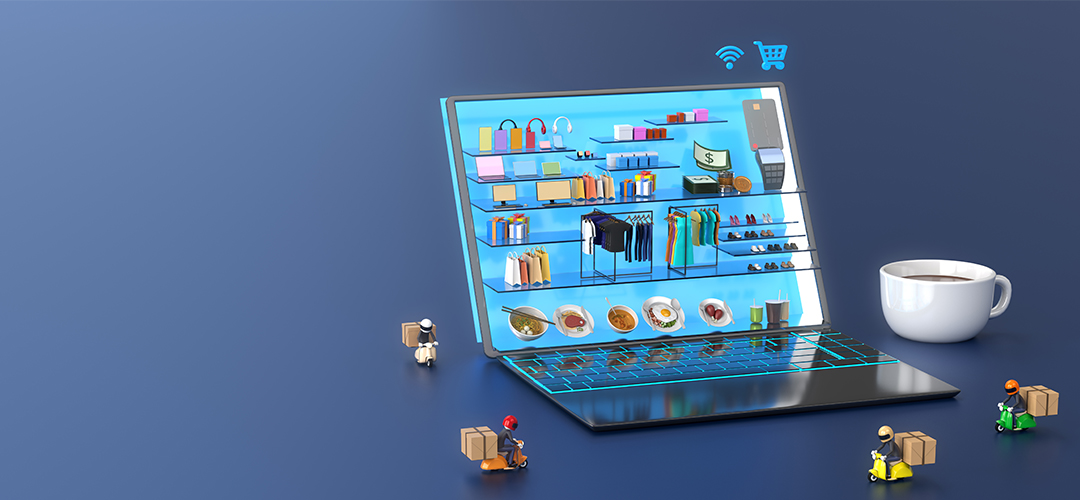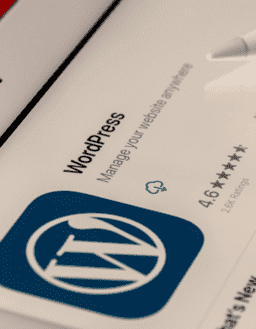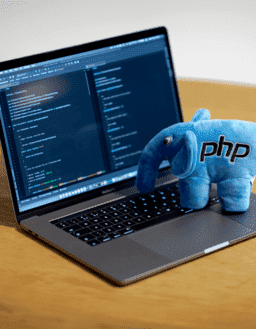Shopify vs BigCommerce – Which One is Worth Building Your eCommerce Site?

It’s never easy to choose between these two eCommerce platforms. They are two of the best platforms and have a lot in common. However, before making a choice, one should consider other differences between BigCommerce and Shopify.
It’s also best to choose wisely.
Deciding to use an eCommerce platform is a big one. Whichever one you choose will serve as the mission control for your company; nearly every part of your operations will be governed through the platform.
Therefore, what do you need to know to make an informed choice?
This article will provide a detailed comparison of BigCommerce versus Shopify. By the end of this post, you should be able to confidently sign up for your preferred platform and begin creating your business.
Catagories
Categories
Have Any Question?
Do not hesitage to give us a call. We are an expert team and we are happy to talk to you.

THE BASICS OF BIGCOMMERCE VS. SHOPIFY
BigCommerce was started in 2009 and now serves over 60,000 retailers, 2,000+ mid-market organizations, and 30 Fortune 1000 businesses. More than 800 people work for the company to deliver a fantastic eCommerce platform.
Shopify, created in 2006, now powers over 1 million retailers worldwide. A total of 7,000 employees work for the company to produce a complete eCommerce and retail technology business solution.
Merchants may use BigCommerce and Shopify to create eCommerce websites, accept payments, sell products through different online channels, manage inventory, and more.
But, right once, it’s evident that Shopify is a far more prominent firm. Because of its scale, it can create and handle more tools and features. As a result, IT will be a running topic throughout the rest of the article.
Still, bigger isn’t necessarily better, so let’s investigate further!
1. Shopify vs. BigCommerce Pricing
One of the most crucial factors for new enterprises is cost. So, how much do these services cost? Here’s a comparison of BigCommerce and Shopify prices.
BigCommerce offers four different pricing options:
$29.95 per month for Bigcommerce Standard
$79.95 per month for Bigcommerce Plus
$299.95 per month for Bigcommerce Pro
Bigcommerce Enterprise: Large-scale business plans
A one-year subscription will save you 10% on the Plus and Pro subscriptions.
Shopify offers four pricing options:
The most basic Shopify plan costs $29 per month.
Shopify costs $79 a month.
$299 per month for advanced Shopify
Shopify Plus: Enterprise-level plans.
The $9/month “Shopify Lite” option from Shopify does not come with an eCommerce website. Instead, this plan gives businesses access to Shopify’s sales channels, enabling them to conduct online sales using a buy button they can add to their existing website and social network pages.
2. Payment Gateways: BigCommerce vs. Shopify
You’ll need a payment channel like Stripe or PayPal to sell online.
BigCommerce works with 65 payment gateways, but Shopify works with over 100 payment gateways, including its own Shopify Payments.
Shopify (primary) is 2%, while Shopify (regular) is 1%.
0.5 percent for Shopify Advanced
BigCommerce, On the other hand, BigCommerce, does not charge any transaction fees regardless of whatever payment gateway you use. It is a resounding victory for BigCommerce.
However, it’s worth mentioning that integrating and managing third-party gateways can be difficult, especially if you’re not tech-savvy. To simplify this process for retailers by requiring significantly less setup, which made Shopify payments.
PayPal powered by Braintree is a streamlined, recommended gateway offered by BigCommerce. However, it is still an integration, making it less streamlined than Shopify’s solution.
Shopify Payments lets your consumers pay you with all major credit cards. Hence, there’s no reason not to use the service unless you strongly prefer another payment gateway.
3. Sales Capacity of BigCommerce vs. Shopify
Let’s get right to the point: Each of BigCommerce’s plans has an annual sales cap:
Standard at Bigcommerce: $50,000
$180,000 for Bigcommerce Plus
$400,000 for Bigcommerce Pro
Negotiable Bigcommerce Business
In other words, you’ll be compelled to upgrade to the next plan if you reach these limits.
Shopify has no sales restrictions on any plans, so you may stay on your current plan indefinitely or upgrade whenever you want.
4. Shopify Apps vs. BigCommerce Apps
Shopify and BigCommerce both offer app shops of their own. These app stores house a variety of proprietary and third-party applications that you may use to enhance the functionality of your website.
Pop Ups, live chat, bundled items, and social network feeds, for example, can all be added to your site using applications. There are around 6,000 Shopify apps and integrations in the Shopify app store, compared to roughly 850 in the BigCommerce app store. Because of its magnitude, Shopify is the clear victor. In addition, because of the platform’s more excellent user base, third-party developers are more likely to produce tools for it.
Shopify’s app store is so extensive that there’s an app for almost anything.
5. Shopify vs. BigCommerce At the point of sale (POS)
Point-of-sale (POS) solutions allow you to process payments and manage your business when selling in person. Furthermore, integrating your eCommerce business with a POS solution is the most efficient way to keep track of inventory, sales, and customer information.
Every Shopify plan, including the Lite plan, for just $9 a month, includes an out-of-the-box solution aptly named “Shopify POS.” Shopify also offers a variety of point-of-sale (POS) hardware. The Lite Plan is a terrific way to get started with POS, but if you want to use all of Shopify POS’s capabilities, you’ll have to pay $89 per month for Shopify POS Pro.
6. Shopify vs. BigCommerce Dropshipping
Dropshipping is a method of product sourcing and fulfillment that enables almost anyone to start selling online in minutes.
You can engage with a dropshipping provider to store, handle, and transport products to clients on your behalf instead of acquiring products ahead to sell. You can also dropship print-on-demand products, such as clothes, accessories, and homeware, that feature your original designs and branding. Dropshipping is the best option to begin an internet business since it eliminates the need to invest in inventory. It’s also a terrific way to swiftly and efficiently expand existing product lines.
So, Shopify or BigCommerce: which is better for dropshipping? Both platforms provide a variety of dropshipping apps, such as AliExpress Dropshipping and Printful and Spocket, as well as print-on-demand apps.
However, as previously said, Shopify’s app store is far more significant than BigCommerce. As a result, it now has many dropshipping apps, like Oberlo. (Yes, that’s us!)
Shopify and BigCommerce are fantastic commerce systems that provide a wide range of tools to help manage and develop your business.
Do you want to open an e-commerce store that is both unique and visually appealing? We’re a full-service Shopify design and development company in New York dedicated to accelerating your income growth yearly. For more, visit www.maxsourceworld.com/shopify-design-and-development
















































